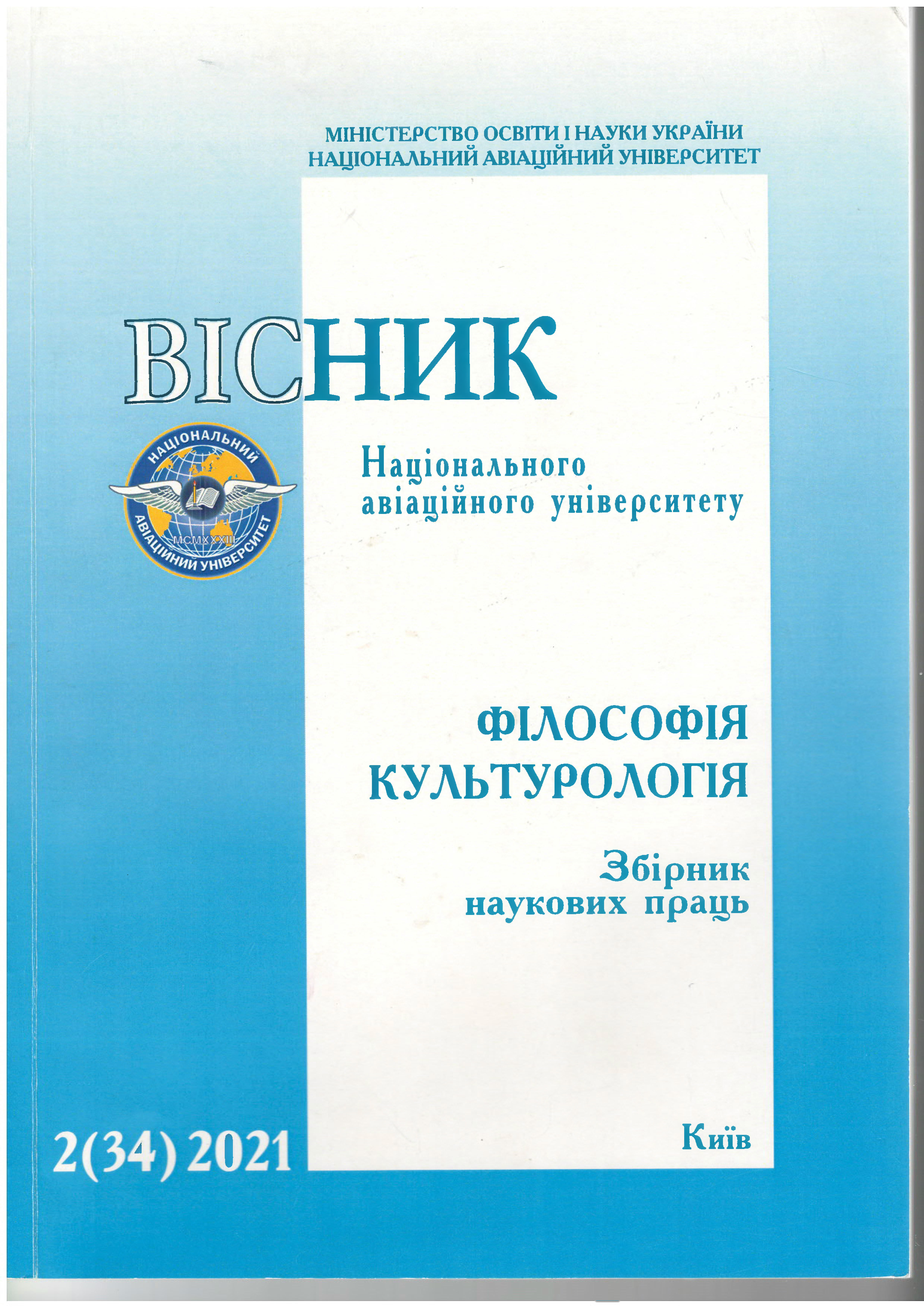DIALOGICAL THINKING: FORMATION AND DEVELOPMENT
DOI:
https://doi.org/10.18372/2412-2157.34.16317Keywords:
history of philosophy, dialogue, culture of dialogical thinking, traditions of dialogical philosophizingAbstract
Introduction. The article is devoted to understanding dialogue as a way of developing a culture of philosophical thinking. The author
examines the historical and philosophical approaches to dialogue, dialogical thinking in the context of the problems of modern
sociocultural life of a person: dialogue predetermines the choice of values, principles of morality and law, style of activity, sets the way of
functioning of social institutions. The purpose of research of the study is to recreate the main stages of the formation of a culture of
dialogical thinking in the historical and philosophical process and sociocultural life of European humanity. Research objectives: to
reveal the meaning of conceptual approaches to the problem of dialogue and dialogical thinking, presented in the historical and
philosophical process and modern social and philosophical discourse; to analyze the connection between philosophical traditions and
cultural and historical eras in the aspect of understanding the culture of dialogical thinking. The research methodology is a principles
of philosophical hermeneutics. The experience of understanding is based on thinking and interpretation. Research results. Historical
and philosophical study of the problem of the formation and development of dialogical thinking has shown that in the history of culture
there are several conceptual approaches to dialogue. Dialogue should be viewed as an epistemological concept, a concept of
theoretical thinking, artistic and literary genre, as well as a genre of philosophical reflections. The idea of dialogue in modern society is
actualized as a certain culture of thinking. In this sense, dialogue thinking is a way of understanding and resolving the contradictions of
the existence of modern mankind (primarily in the spiritual, moral and legal aspects); a condition for the common existence of people.
Discussion. Interest in research was made up of works in which the problems of dialogical thinking in the historical, philosophical and
modern contexts of the sociocultural life of man and humanity are actualized (Apel K.-O., Bibler V. S., Drotyanko L. G., Ermolenko A. M.
Kovadlo G. P., Levinas E., Luman N., Malakhov V. A., Popovich M. V. and others). Conclusion Modern social life is characterized by a
clash of opposing principles: monologism and dialogism, unity and pluralism, ideology and tradition, mythological (archaized) and
problematic (critical) thinking. These oppositions focus on fundamentally different vectors of social and cultural development, the path of
prohibition and universal control or dialogue and the competitive creation of a common living world. The formation of a person who is able to think dialogically is a fundamental condition of human life in modern society.


